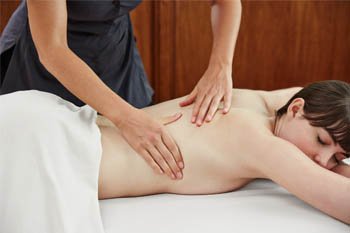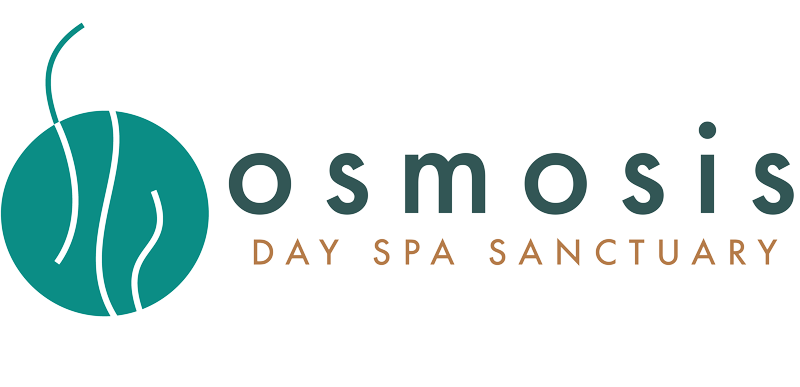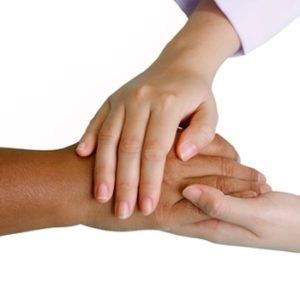Mental-Emotional Benefits of Massage
 Massage is often viewed as a luxury, a pampering or self-indulgent extravagance. Research shows that while massage is definitely a “feel good” experience, it has numerous mental and emotional benefits linked to neurotransmitters and hormones released through therapeutic touch. Yes, … Read the rest
Massage is often viewed as a luxury, a pampering or self-indulgent extravagance. Research shows that while massage is definitely a “feel good” experience, it has numerous mental and emotional benefits linked to neurotransmitters and hormones released through therapeutic touch. Yes, … Read the rest

 While massage is becoming more recognized for its therapeutic benefits, any kind of touch including a simple handshake, congratulatory pat on the back, or a warm-hearted hug has the power to transform you both physically and emotionally. Touch triggers the
While massage is becoming more recognized for its therapeutic benefits, any kind of touch including a simple handshake, congratulatory pat on the back, or a warm-hearted hug has the power to transform you both physically and emotionally. Touch triggers the